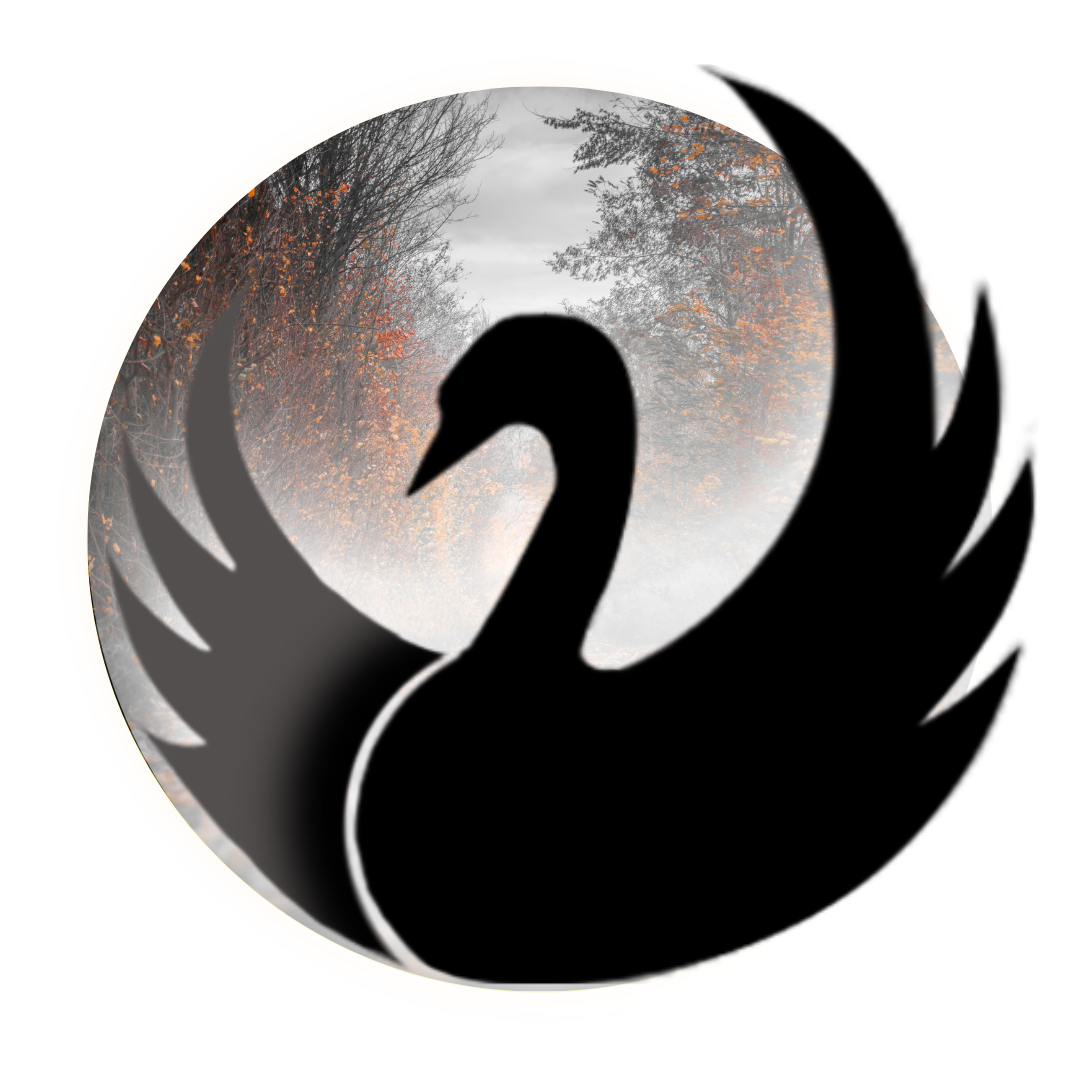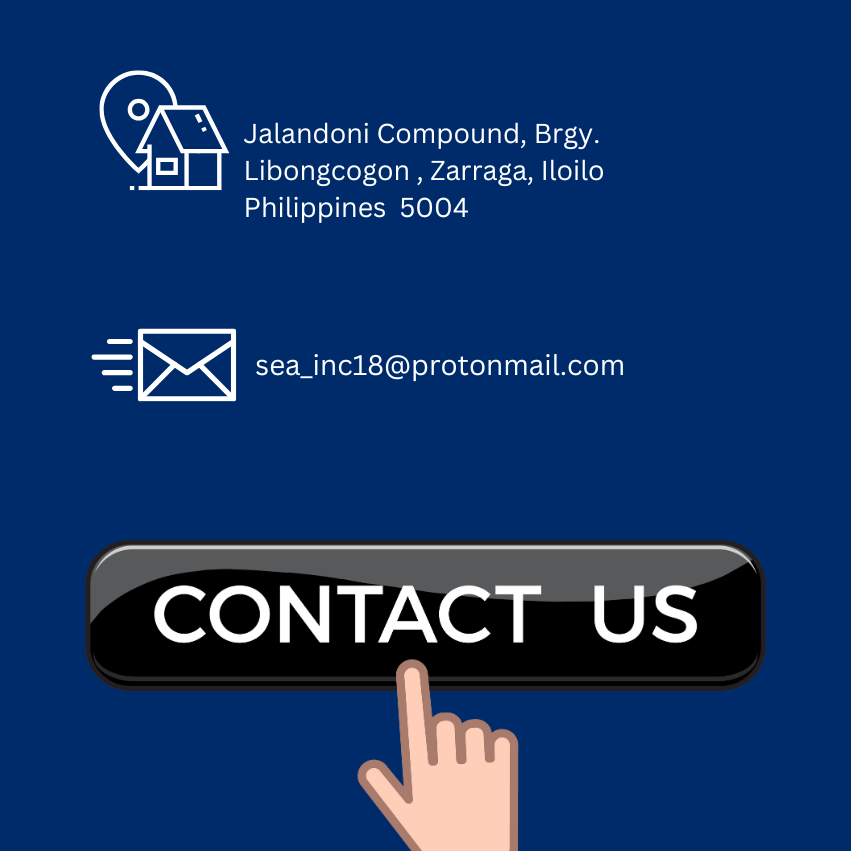In recent years, the world has invented a very powerful and effective approach to address the planet’s greatest challenges. It is the coming together of civil society, government, and business, especially social entrepreneurs, around a challenge where they combine their unique talents and resources to create innovative solutions.
This approach is not entirely new for Filipinos. In Philippine Agenda 21, the official blueprint for sustainable development, crafted after the Earth Summit, we call it societal threefolding partnerships. The Philippines introduced societal threefolding partnerships in 1998 at the United Nations Commission on Sustainable Development where it, albeit labeled differently, ultimately became one of the principles of the UN Millennium Development Goals. The Movement of Imaginals for Sustainable Societies Through Initiatives Organizing and Networking (MISSION) calls this ecosystem of tri-sectoral partnerships coming together to solve specific societal challenges, the “solution ecosystems”. It is the new bayanihan approach for the 21st century (“bayanihan” being the Filipino word for family or community-wide cooperation to reach a common goal).
What is new is the emergence of a science and art to activate these solution ecosystems. Together with what we have learned through the years, we have used this new science and art to inform all of SEA’s advocacies and initiatives. For example, in partnership with MISSION we organized, convened, and conducted a national gathering on disaster management (for details see Liwanag 2014). As a result of this event, a group of participants are now using the solution ecosystem approach to harmonize the disaster management efforts of close to a dozen towns and cities in the Eastern Visayas region of the Philippines. In addition, SEA is using this new science and art of inner and societal transformation in its current efforts to install sustainable integrated area development (SIAD) in the whole town of Zarraga. Finally the new social technology is slowly but surely starting to be used by others institutions in various parts of the country.
Our Culture Enables Us To Do It If We Want To!
When we think of activating solutions ecosystems, we can take to heart observations by renowned outsiders and experts who have visited the country in the past ten years. Without exception, they all have come to the same conclusion: the Philippines has an unusually high potential to create threefolding societal partnerships or solution ecosystems among business, government and civil society, partnerships geared to advancing integral sustainable development.
The Philippine societal threefolding innovation at the level of the United Nations mentioned above is an indication of this. In addition, these global observations are not surprising when we take into consideration how our own languages teach us to sense each other at profound levels not easily found in other cultures in the world.
Even Filipinos are not aware of this even if they are totally immersed in it. There are collectively over one hundred words for “touch” in Tagalog, Cebuano, and Ilonggo. Our languages are educating and teaching us to be sensitive to others in all kinds of ways that are unknown in other cultures. Even the internationally-popular term “social intelligence” (originating from the work of psychologist Daniel Goleman) does not capture the profound meaning of “touch” etched in the Filipino psyche.
This is not to argue for Philippine exceptionality, as all nations have something of deep value to contribute to planetary civilization. Rather it is to point out what particular contribution the Philippines, out of its own unique culture, can make to the world.
In any event, because of this faculty of deep “touching”, Filipinos are highly sensitive to an unusual degree to the nuances of societal processes so essential in building solution ecosystems. For the latter cannot function if human beings do not trust and respect each other.
In addition, we should not forget the strength of our own culture to engage in massive mobilization out of “damay”, or compassion for the suffering of others, which rests on the profound capacity to be touched at the deepest levels of our being.
Lest you think that is soft, just turn to history. As Reynaldo Ileto has clearly shown in his book, Pasyon and Revolution, damay was the basis of the Philippine revolution and the creation of the first democratic nation in Asia. Lest you think damay is soft and inconsequential, just think of your many friends who have dropped their many responsibilities to help out with those stricken by monster typhoon Haiyan. And, have you ever wondered why thousands dropped their Christmas buying habits and instead donated their money to typhoon survivors? Yes, you are right. It is damay at work. Look no further to understand that this tremendous power of damayan is alive and well especially during times of disaster.
With damay, a very powerful form of “touching”, we have an innate talent to mobilize solution ecosystems in order to address the greatest challenges that face us as a people, including disaster upon disaster.




Leave a Reply